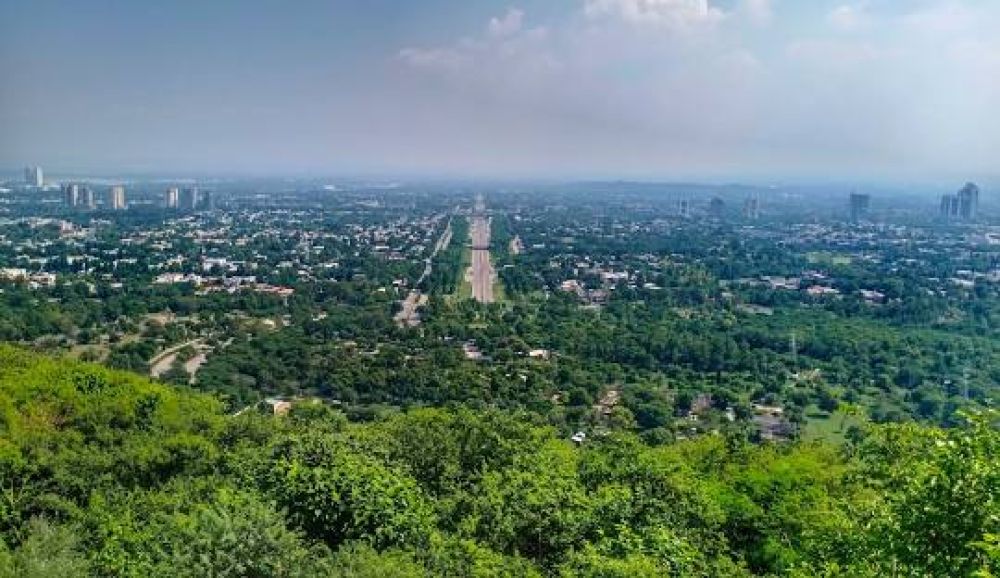

Located in the heart of Pakistan's capital city, Islamabad, Daman-e-Koh is a viewing point and hilltop garden positioned halfway up the Margalla Hills. Its name translates to 'the foothill', giving locals and tourists alike a panoramic view of the entire city.
The history of tourism at Daman-e-Koh goes back to the early days of Islamabad's establishment as the capital in the 1960s. As the city was being planned and developed, attention was turned to the natural beauty of the Margalla Hills surrounding the area. Planners and developers sought to make the hills accessible to residents and visitors, laying the seeds for tourism.
Throughout the 1970s and 1980s, Daman-e-Koh became increasingly popular as a must-visit location. Print and television advertisements started to include the scenic spot, which was increasingly pictured in brochures and travel guides. Visitors interested in picnics, birdwatching, and hiking would often begin their journeys at Daman-e-Koh before venturing deeper into the hills.
Entering the late 20th and early 21st centuries, Daman-e-Koh has seen significant infrastructure improvements, including picnic spots, well-maintained gardens, and restaurants serving local and international cuisines. It has been developed to accommodate a larger influx of national and international tourists, with ample parking space, washroom facilities, and security measures in place.
In recent years, Daman-e-Koh has kept up with global tourism trends, promoting eco-friendly practices and sustainability. Visitors can often be seen taking part in clean-up drives and awareness campaigns about maintaining the natural beauty of the location.
With the rise of social media, Daman-e-Koh is frequently featured in Instagram posts and travel vlogs, attracting a younger, digitally savvy audience. The viewpoint has become a notable spot for photography enthusiasts, thanks to its stunning sunrise and sunset vistas.
The COVID-19 pandemic caused a temporary decline in tourist activity. However, the site has since seen a resurgence in visitors, with safety and health protocols established to ensure the wellbeing of both tourists and staff.
Today, Daman-e-Koh stands as a symbol of Islamabad's commitment to preserving natural beauty while developing modern facilities for tourists. It continues to be a testament to the balance between urban development and nature conservation, playing a vital role in the city's tourist landscape.